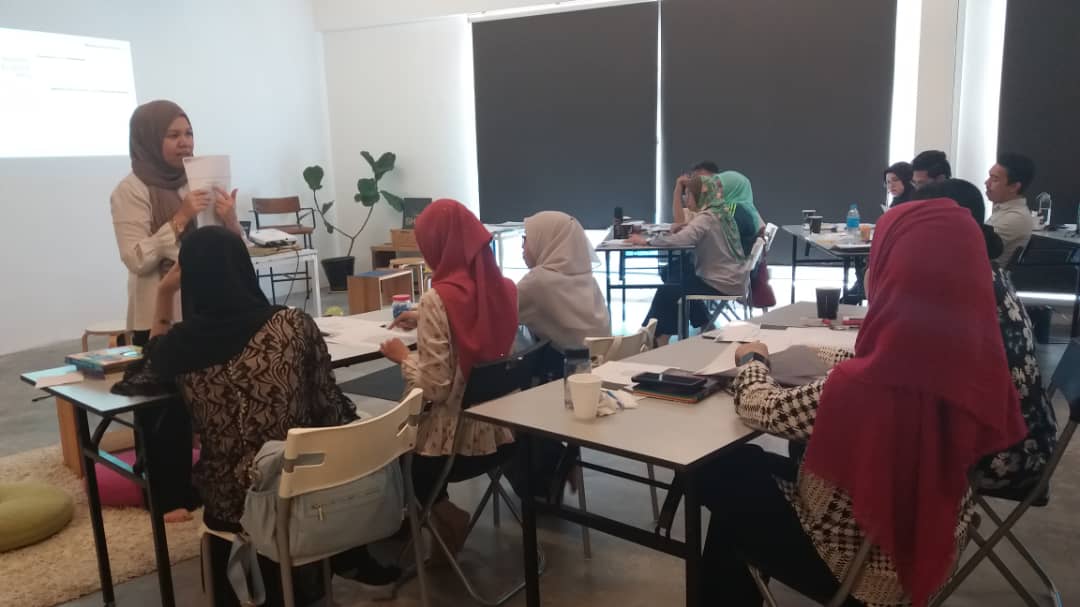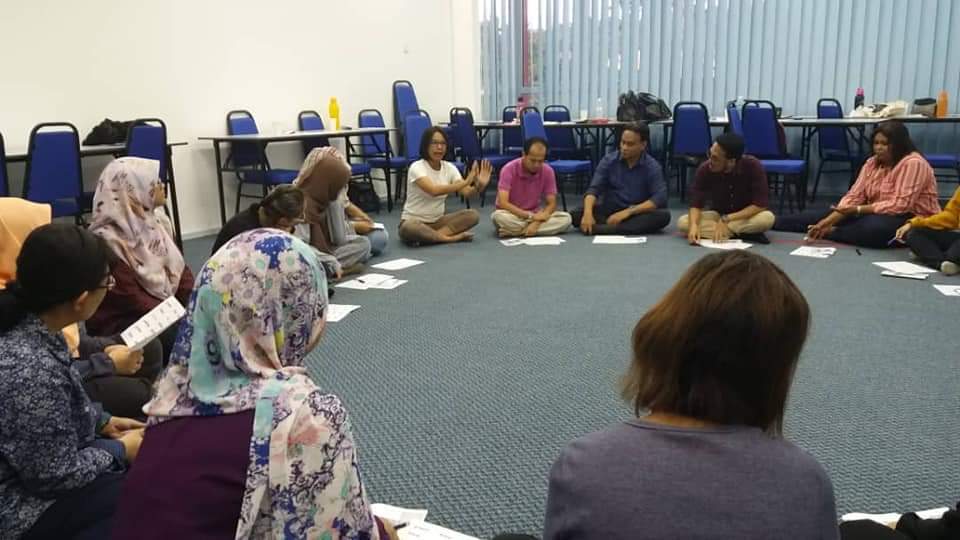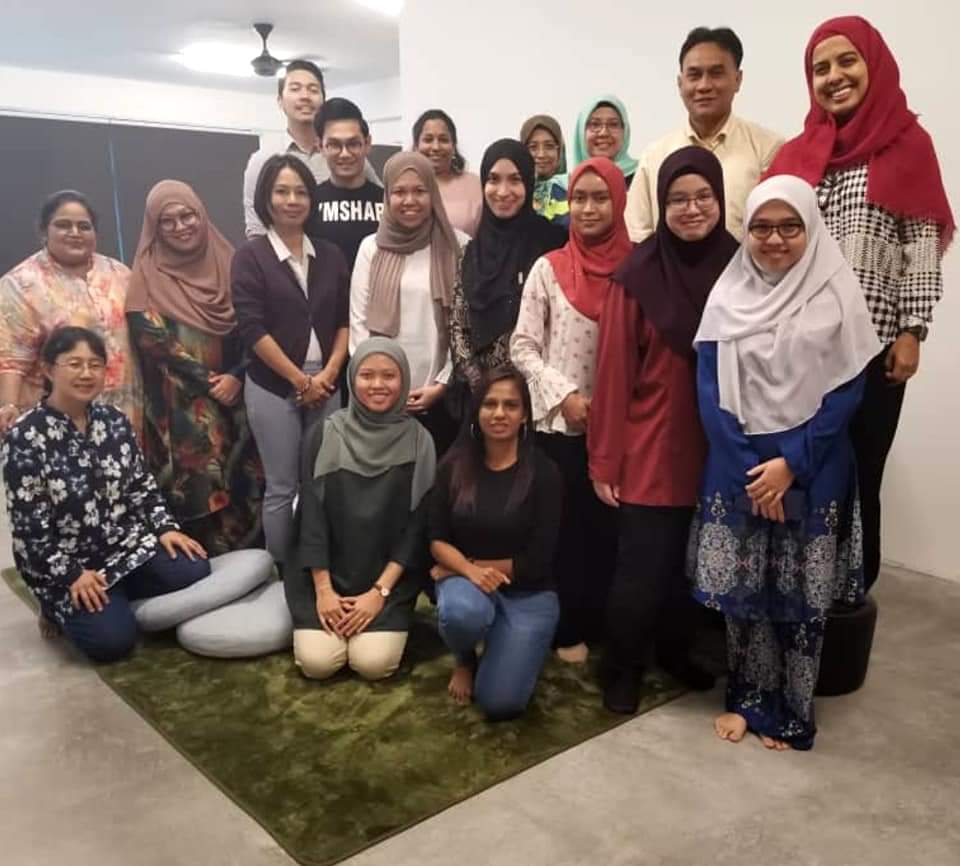It is unfortunate that families obtain little instruction on how to best meet the needs of their children without supplying the already toxic levels of extreme family stress. The tension within the domestic of a special need is a subject we can no longer overlook.
Parental self-care is what is today’s missing in our special needs’ world. Parents need deep-seated and self-compassion practices. We are so concerned about what is lacking and worried about our children that no one is considering the emotional and mental health crisis happening in the parents’ lives and overall family.
The struggle is real
“My child is struggling. I don’t know what else to do. I am exhausted.”
“My child and I have not slept and I feel like a zombie!”
“My spouse is disconnected from the family.”
“I feel like I’m not doing enough. I am such a failure.”
“Where do I find and have access effective treatments and resources?”
“I am struggling to cope with the emotional and physical demands of caring for my Special Needs child.”
Parents of special needs children are parenting in an age of toxic stress levels. Parenting a child with special needs is extremely challenging which may bring unanticipated stresses with spouses, relatives, siblings, and even within your own belief in your parenting aptitudes. Both Parents and children are stressed; their bodies and brains are in overdrive all day, every single day, and it all flows down straight into the lives of the children. Parents need to prioritise themselves and need to be number one on the family care however, for many that is not always possible.
You try your best to be kind, patient and loving, but there are days when you are exhausted of the struggles that you just want to surrender.
Parenting a special needs child has days filled with many challenges, and the ambiguity of what is best for your child, feeling defeated with fickle information from doctors and therapists. Onus of sadness from unfulfilled dreams and the exasperation towards “helpful” advice from those who have no idea what it feels like to walk in their shoes. Envy towards parents who have “typical” families, and most of all guilt for feeling any or all of the above! Just remember: You are not alone in this!

So what can parents do?
Talk to your child’s teacher for additional suggestions to support your child academically and developmentally. Seek professional Counsellor and/or Psychologist for emotional and mental health support. Discuss with a spouse or co-parenting partner to brainstorm family solutions and do make time at least once a week to meet friends and family for socialisation as isolation can be damaging to our mental health.
Take care and be kind to yourself: This is where parents struggle the most! “But I just don’t have time for me!” Allow yourself some time to relax and recharge your battery. If you constantly pour out your energy but never refill the battery, you will have nothing to give at the end of the day. Take fifteen minutes each day strictly for yourself. Do something that relaxes you even if it is sitting down sipping a cup of coffee while reading a few pages from an inspirational or funny book. Make a point to get out, take a walk at the park, and do some exercise even if it is only 10 minutes of cardio, stretching, or dancing to your favorite tunes!
Take care of your relationship: Parents who are physically exhausted and mentally drained tend to forget to work on their relationship, get irritated and fail to communicate well. Set a monthly meeting to discussed, set routine, plan chores, and childcare schedule. Go out on a date night, just the two of you without the children.
Take care to nurture sibling relationships: Siblings of a special needs’ child sometimes feel left out. If this happens, be assured you’re not a bad parent, just a human one however, try to engaged yourself in your child’s activities, include them in the care of their siblings, as appropriate. Do be careful about not putting the parental responsibilities on your child’s shoulder.
Celebrate the small victories; special needs children come with their own priceless assets. It is those that parents need to focus on and be thankful for; the small baby steps, tiny accomplishments that all lead towards the bigger goals. Keep a journal, take pictures and videos to remind you of how far your child has come, his progress and improvements. Cherish the gifts of your child and be proud and celebrate it all.
Build or find yourself a support system of family and friends and build a sense of community. Joining a support group of other parents who are raising kids with similar challenges to yours will make you feel less isolated. When you find others who also are walking the same path, you will discover coping strategies, new resources, and support from other parents. You may also find out you are not the only parent who feels guilty about their child’s extra challenges or frustrated because life is so hard at times. Just knowing you’re not the only one going through the roller coaster ride makes things a little easier emotionally.
Opening up about your challenges and asked for help from the right support, that you may discover that you were not “parenting wrong”; you just needed more information and additional strategies.
Asking for help is a sign of strength, not weakness.
Last but not least, Equipped, Motivate, and Empower Yourselves.
Yes, there is help out there!
Parents are the child’s first, foremost and forever educator hence equipping and updating yourself with knowledge, keeping yourself motivated, whilst empowering yourselves to be the best role model and supporter to your children and a Special Needs’ Parents Advocate by attending Parenting Talks, Seminars and Workshops that are offered by professionals and organisations.


A new series in Johor Bahru, Coffee Chat: Ask the Expert organised by a team of not-for-profit, self funded Social Entrepreneurs, Dr Suri S. Charles an Educational Specialist and Clinical Child Psychologist from Hearts to Mind and Ms. Hidayah Ibrahim, an Occupational Therapist from Playmove Therapy for Children has once again, joined forces; providing an informative sharing platform by experts in the Special Education and Mental Health field for parents where parents can get support and your questions answered by the Specialists.
You may find more information on the Coffee Chat: Ask the Expert Series 1.0 – 3.0 on their respective Facebook pages: Hearts to Mind and Playmove Therapy for Children.
Additionally, you may contact them at: +6019.289.9781 or +6017.769.5372

